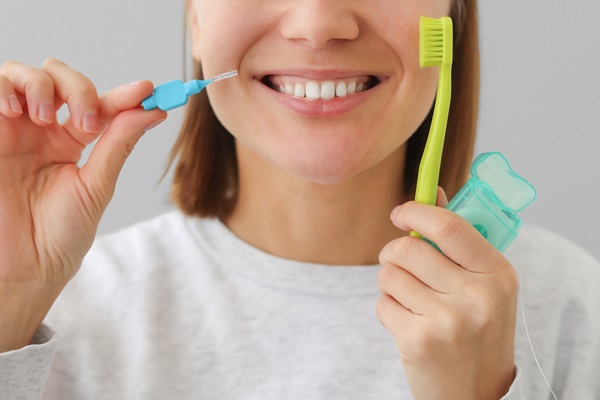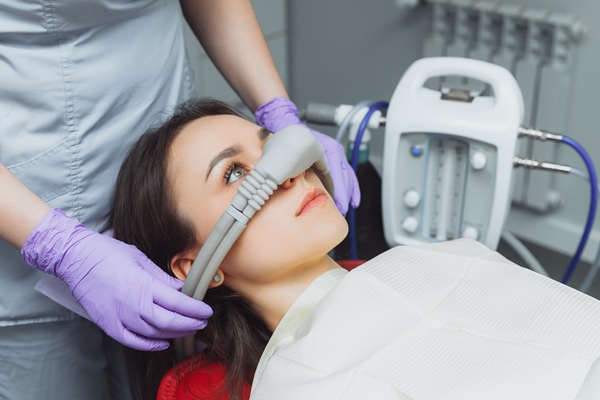How Preventive Dentistry Can Avoid a Serious Dental Issue

Practicing preventive dentistry strategies can help you avoid serious dental problems. It can support your personal goals in keeping your gums and teeth healthy. Prevention is always better than going through treatments for serious dental problems. If you want to know how preventive dentistry can avoid the development of a serious oral problem, here are the details.
The importance of preventive dental care
Cavities can still form even if the individual has strict dental care practices. Some people are more prone to dental issues than others. The goal of preventive dentistry is to focus on avoiding dental problems. It does not wait for these issues to happen first and then treat them. Preventive dental care is important in keeping the following problems from happening:
- Gum disease
- Tooth decay
- Enamel erosion
Bacteria are always present in the mouth. That is why oral health and physical health affect each other. Keeping dental issues from taking hold helps keep the rest of the body free from ailments. There is a link between gum disease and chronic conditions. Diabetes, heart disease, and brain problems are a few of these health problems.
Dental exams and cleanings
Dental cleanings complete dental checkups. This combination is a crucial part of preventive dentistry. The dentist will check for signs of enamel erosion and tooth decay. Plaque buildup and soft areas of the enamel are areas of concern. Enamel discoloration, oral cancer, and gum pockets are also problems dentists watch out for.
Visits to the dentist can remove dental calculus and plaque. These substances can still build up even with regular flossing and brushing. Removing them is only possible with the help of a dentist. Professional dental cleanings must happen at least two times a year.
Dental sealants and fluoride treatments
The dentist can provide dental sealants and fluoride treatments as part of preventive dentistry. Dental sealants are liquid plastic resin coatings. The dentist paints the resin on the patient’s teeth. Chewing surfaces receive a more detailed coating. The sealant goes over the grooves and crevices. The sealant for each tooth hardens and creates a barrier against food particles and bacteria.
A fluoride treatment protects teeth against cavities. It strengthens the enamel. The dentist can use foam, gel, or varnish application. Studies show that fluoride treatments can reduce tooth decay by 20% to 40%. It can also stop and repair the effects of tooth decay.
Preventive dentistry in children
Preventive dental care is vital for the oral health of children. It gives children the knowledge and motivation to establish a good dental habit until adulthood. Seeing the dentist right after the first baby tooth erupts will help the dentist check the baby’s dental development. Most dentists recommend the first dental exam to happen after the baby’s first birthday.
Practicing preventive dentistry techniques can prevent the onset of serious dental diseases
Caring for your oral health is important. Avoiding the occurrence of serious dental issues is better than getting treatments for them. This is when preventive dentistry can help. Working with your dentist can determine the ideal preventive dentistry strategies that can help you most.
Are you considering having preventive dentistry treatments in the Ann Arbor area? Get more information at https://www.annarborpersonaltouchdentistry.com.
Check out what others are saying about our dental services on Yelp: Preventative Dental Care in Ann Arbor, MI.
Recent Posts
The goal of preventive dentistry is to keep teeth and gums clean and healthy in order to reduce the risk of cavities and other oral health concerns developing. It is a good idea to have a full understanding of how preventive dentistry can protect your smile and what services a dentist may recommend for cavity…
Maintaining healthy teeth and gums does more than ensure a strong and beautiful smile. Proper routine dental care also helps lower the risks of developing many serious diseases, including certain cancers, heart problems, and diabetes. However, patients who struggle with dental anxiety may fail to stick with a regular cleaning and checkup schedule. As a…
A deep teeth cleaning is not just a procedure needed after skipping dental visits. Instead, a deep teeth cleaning is designed to help combat periodontal disease and gum recession, both of which can lead to irreversible oral health problems. Of course, some individuals who skip routine maintenance from the dentist may need a deep teeth…
Dental exams are an important part of visiting a general dentist. The examination portion of the appointment is crucial in catching any warning signs that may indicate problems, such as cavities or gum disease. In particular, gum disease can be difficult to notice as it may present itself without any major warning signs. With that being…


